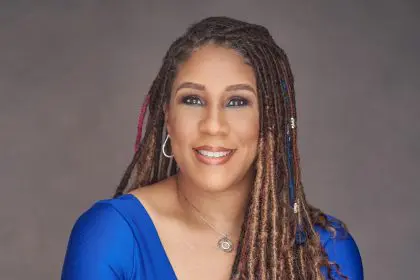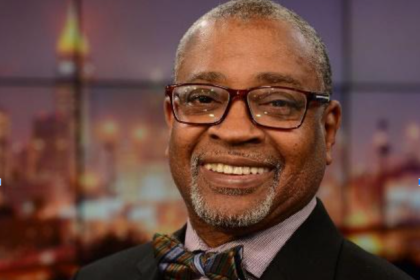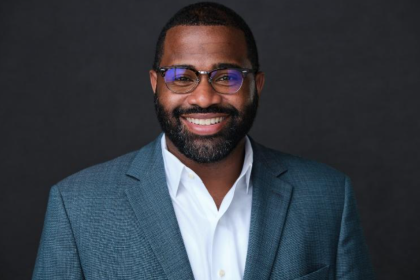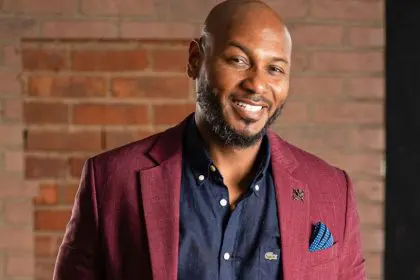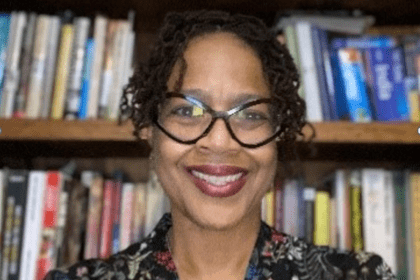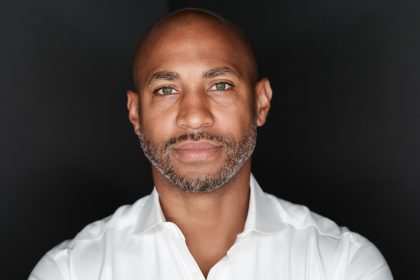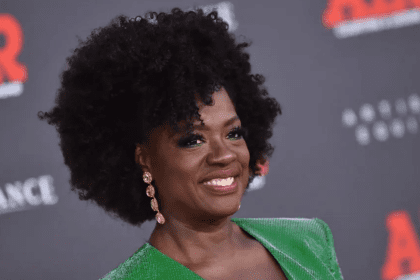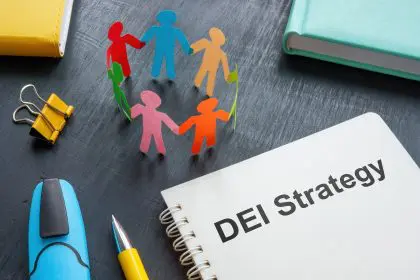Welcome to another episode of “Equity in Focus.” Today, we engage with Jason Dotson, a remarkable agent of change deeply involved in mental health services, advocacy, and support for marginalized populations. Dotson introduces himself as someone dedicated to disrupting oppressive systems and providing a voice for those unable to advocate for themselves.
Dotson’s journey into risk reduction counseling began unexpectedly when he was recruited by Maria Magda, a pioneering Latina elected official, to coordinate LGBT services in New Jersey. Initially reluctant, Dotson embraced the role, becoming a crucial figure in establishing a drop-in center that offered safe spaces and critical counseling for the LGBT community, including men who have sex with men (MSM).
Initially aiming for a career in public relations, Dotson’s path took a significant turn towards advocacy and mental health. His work in the community inspired him to pursue a Master’s in Human Services with a specialization in rehabilitation counseling. This educational progression equipped him to address not just HIV but also the broader issues impacting black and brown communities, like unresolved childhood trauma and substance abuse.
Addressing trauma in marginalized communities
Dotson discusses the pervasive issue of unrecognized and unaddressed trauma within communities of color. He highlights a general reluctance to acknowledge or discuss trauma, attributing it to cultural norms that discourage open conversations about personal suffering. This barrier often prevents effective healing and support, making Dotson’s work in advocacy and mental health crucial.
The conversation shifts to the need for mental health services that are specifically tailored to the needs of black and brown communities. Dotson critiques the one-size-fits-all approach of many existing mental health interventions, which were primarily designed for and tested on non-minority populations. He advocates for community-specific modifications to ensure that mental health services are culturally competent and effective.
Dotson emphasizes the importance of proper training for mental health professionals, particularly those working with vulnerable populations. He shares his concerns about the impact of inadequate training on both clients and counselors, noting that poorly implemented programs can do more harm than good.
He critiques the reliance on evidence-based interventions that may not be suitable for all cultural contexts, suggesting that these models often lack the flexibility needed to address the unique challenges faced by minority groups. Dotson calls for a more nuanced approach that considers the socio-economic and cultural realities of the clients.
Looking forward, Dotson expresses optimism about the potential for change and improvement in mental health advocacy. He is currently working on a PhD dissertation that examines the training of paraprofessionals in delivering evidence-based interventions, hoping to influence policy and practice on a larger scale.
Advice for emerging mental health professionals
Dotson offers advice to new mental health professionals, stressing the importance of self-care, continuous education, and humility in practice. He advocates for a supportive network, including supervision and mentorship, to help navigate the complexities of the field.
As the interview concludes, Dotson invites listeners to connect with him through social media and his website to continue the discussion on mental health advocacy and support for marginalized communities. His commitment to change and support for those in need is a powerful call to action for all involved in mental health and advocacy.
Dotson not only sheds light on his personal journey and professional achievements but also illuminates the broader challenges and necessary strategies for supporting mental health in marginalized populations. His insights offer invaluable guidance for anyone looking to make a difference in this vital area of community health.
AI assisted in summarizing this episode of Equity in Focus.

